Can you hear me now? Gyms, iPods & hearing loss
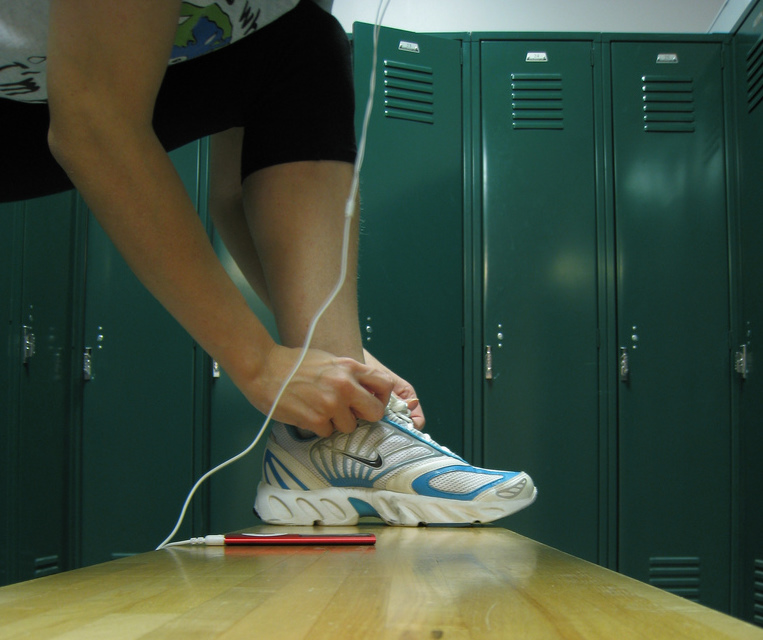
The music blared as the spinning instructor yelled at us to dig deeper and give it 110 percent for the next two minutes. My heart was pounding, and my ears were ringing. When the class was over, my heart stopped pounding, but my ears were still ringing. I walked out of the gym, wondering whether I had just damaged my ears while strengthening my lungs and legs. Turns out not only could I have damaged my hearing, but that it could be permanent.
Our ability to hear lets us engage with the world. We converse with friends, pull over for an ambulance and attend to a crying baby. Noise is all around us. Stop and listen for a minute. What do you hear? A radio, cars honking, music from someone else’s headphones, street work, yelling children, the dishwasher?
Exposure to sounds that are too loud or loud sounds that last a long time can cause noise-induced hearing loss (NIHL). This hearing loss can be permanent. That’s permanent as in FOREVER. The small sensory hair cells in our inner ears that convert sound energy into electrical signals can’t grow back once they become damaged, according to the public education campaign called “It’s a Noisy Planet” from the National Institute on Deafness and Other Communication Disorders (NIDCD), a part of the National Institutes of Health.
When we are exposed to loud noises over a long period of time, symptoms of NIHL can gradually increase. Do you love rock concerts? Does the person sitting next to you on the subway sing along to the music on your iPod? If so, you might want to take this quiz: Ten Ways to Recognize Hearing Loss from NIDCD. One in five baby boomers has some degree of hearing loss, and exposure to loud noises is one of the biggest culprits, according to the American Speech-Language-Hearing Association.
The good news is that noise-induced hearing loss is 100 percent preventable. A few steps we can take include:
- Become familiar with the sounds and levels that can cause hearing damage. There’s a great online noise meter from the CDC, with noises that range from a buzzing mosquito to a rocket launch.
- Wear earplugs or other hearing-protection devices when involved in a loud activity. Earplugs and earmuffs are available at hardware and sporting goods stores.
- If you suspect hearing loss, have a medical examination by an otolaryngologist and a hearing test by an audiologist.
A rule of thumb is to avoid noises that are “too loud” and “too close” or that last “too long.”
Just as we put on sunscreen at the beach or wear a helmet when we bike, it should become second nature for us to use protective hearing techniques when we’re exposed to loud noises, according to James F. Battey Jr., M.D., Ph.D., the director of the NIDCD.
I love listening to chirping birds and rustling leaves, so now when I attend spinning classes, I choose a bike in the back row that is located behind the speakers … and I bring earplugs.
Related Posts
- Boosting Athletic Performance With Beetroot Juice, Nitrate and Spit
- Carbohydrates and sports performance: rinse, repeat, win?
- 12 real foods for real results: Insider tips from top sports nutritionists
- Are humans designed to be endurance runners?
- What can pro cyclists teach us about pain?
Photo courtesy of khaybe at Flickr

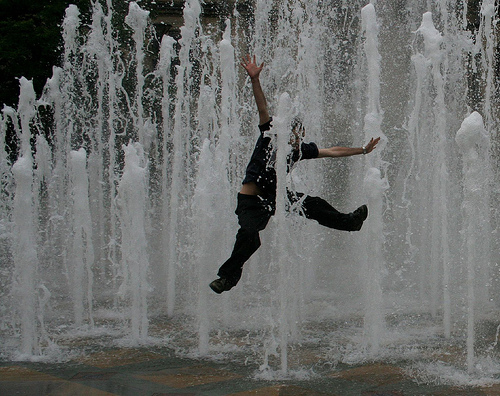

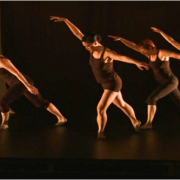
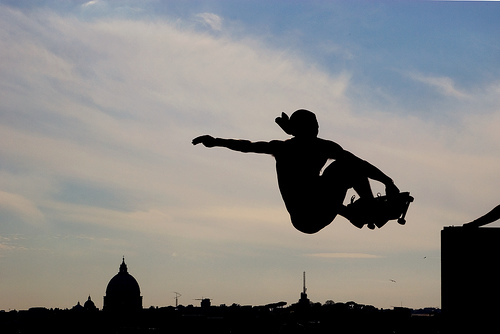
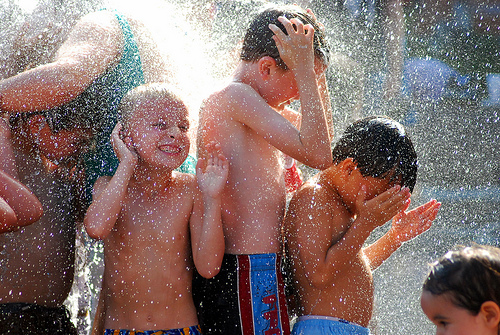
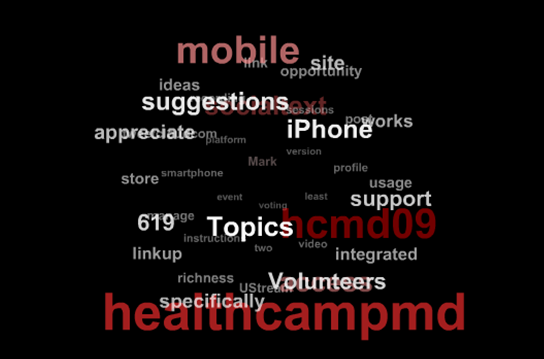

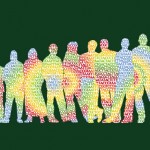

I too am concerned about hearing loss. I wear earplugs to spinning class. And did you know that most rock musicians wear earplugs when they perform? If they do, maybe we should too. Or how about they just play a little softer?
Sheila –
Thanks for your input. A colleague told me older individuals sometimes find the banging of weights in health clubs to be an issue as well.